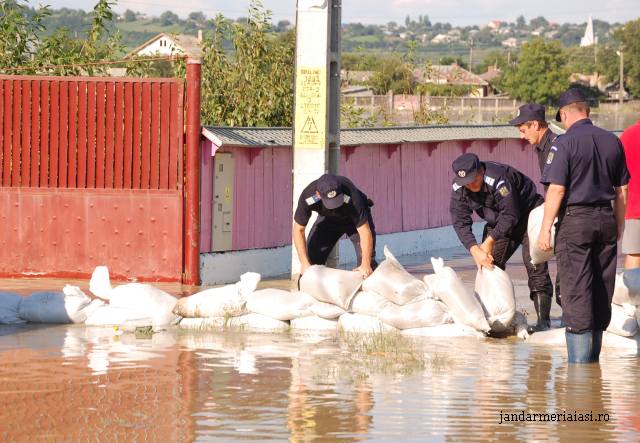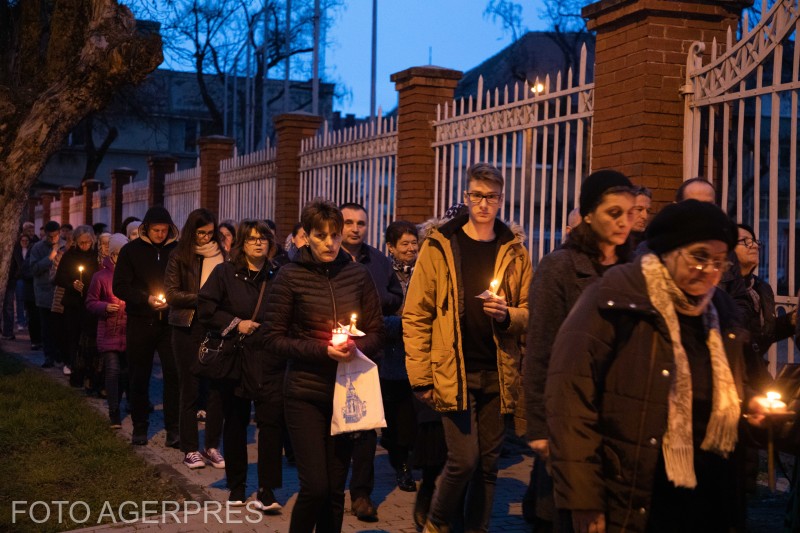Flood alert
Serbia and Bosnia have asked for international help to rescue the people who remained stranded in flood-hit regions.

România Internațional, 19.05.2014, 14:15
States in Western Balkans are facing the worst flooding of the past 120 years, with Serbia, Bosnia-Herzegovina and Croatia being the most affected countries. One whole week of heavy, uninterrupted rain, caused devastating flooding and landslides, killed tens of people and caused important material damages. Tens of thousands of people have been evacuated and over 120 thousand houses have been left without electricity. The Serbian authorities are getting ready for a new wave of floods on one of the largest rivers of Serbia, Sava, which crosses the capital Belgrade.
They fear that a new flood on this river might endanger other towns and cities, especially the power plant near the isolated town of Obrenovac, near Belgrade, which accounts for 50% of the national electricity consumption. In Obrenovac, a city 90% under water, most of the 20 thousand inhabitants have already been evacuated. In Bosnia, the most affected areas are those in the northeast, where floods and landslides have destroyed houses, roads and railway embankments. Tens of thousands of people have been evacuated but almost one million, that is a quarter of the country’s population, are still in the disaster areas.
Another danger the region is exposed to is the unexploded landmines dating back to the inter-ethnic war of 1992-1995. An estimated number of 120 thousand mines have been unearthed by landslides. Rescue teams and helicopters from the EU, the US and Russia have helped evacuate the people from flood-hit areas. Although several European states have dispatched aid to Serbia and Bosnia, local authorities have once again called on the international community to help flood victims.
The Romanian government announced it would send water, foodstuffs, blankets and a water-removal pump. The situation of rivers in Romania is stable for the time being, but it could turn serious at any moment because the amount of water expected from neighboring Serbia is so huge, that hydrologists’ forecasts are uncertain. The Romanian authorities are on high alert because of the danger of flooding on the Danube River.
Romanian Prime Minister Victor Ponta announced that as of Monday, an emergency command would be operational in Craiova, in the south, led by Deputy Prime Minister Liviu Dragnea. The command will closely monitor the dams on the Danube River, which are expected to face high water levels in the next 4 up to 6 weeks. The authorities say that, for this period of time, they are prepared to intervene with human resources, materials and equipment provided both by the army and the Ministry of Administration and the Interior.






























